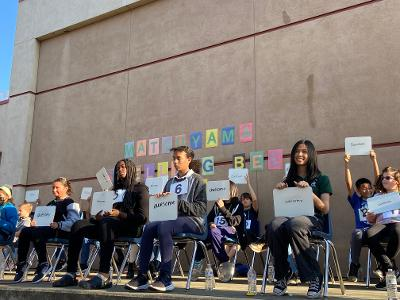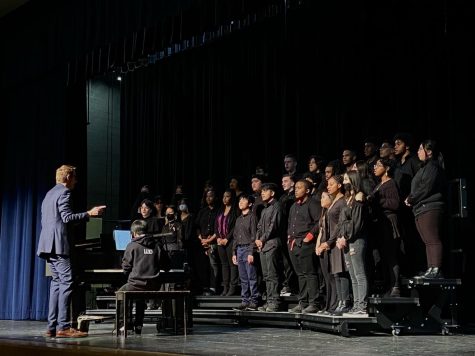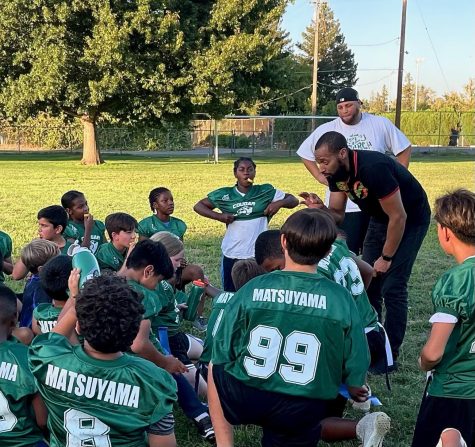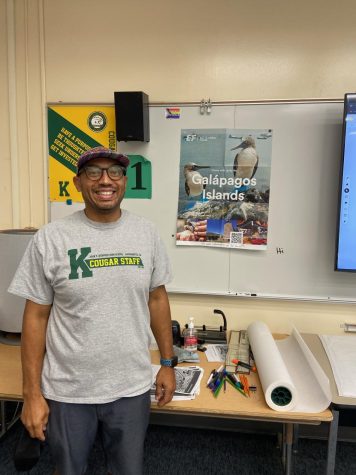High school grads consider community college options
May 20, 2023
Should applying to a community college after high school be something more students take advantage of?
Many students often question what their plans are after they graduate. Some are undecided, and are questioning what they want to major in, while others want to choose the most cost-friendly pathway possible. It can be difficult to narrow down a specific career path to follow. Community college allows you to explore different majors for less cost.
California has one of the least expensive community college systems compared to other states in the nation.
“During my senior year of high school, my family went through some hardships and
we couldn’t afford for me to go to a university … (Sacramento City College) was a good fit for me, financially and convenience wise,” said Stephani Times, a student support specialist with the RISE program at Sac City. “Many students I know are eventually grateful to pay for (community college) tuition rather than paying for tuition at a university because it leads to less student debt to worry about later.”
According to educationdata.org, the average community college cost in California is $1,310, while the average at public four-year universities is more than $8,000, and the cost of attending a University of California campus is more than $13,000.
Cutting back on cost is just one reason the community may be a better option for students. Community colleges don’t have GPA requirements, and students who might not have been admitted to a California State University of UC campus can start at a community college and transfer later.
“Many community colleges have transfer agreements with four-year colleges and universities, which can allow students to complete their first two years of coursework at a lower cost and then transfer to a four-year institution to complete their bachelor’s degree,” said Valerie Lockhart, a student support specialist for the RISE program at Sac City.
Enrolling in community college beforehand can help students decide whether or not to continue their education at a four-year university.
“I am thankful that I attended community college, because it saved my family money, and I was able to take my time and make decisions about the transfer school as well as the major,” said Ray Mapeso, a counselor and professor at Cosumnes River College.
Going to a university as an undeclared major can be costly, especially if you continue to switch majors. Attending a community college helps students avoid that problem.
“I think when it comes to being undecided in a major or career choices, students can use the community college system to expand their knowledge and dip their feet into different areas to study to figure out what they might enjoy at an affordable cost, in comparison to taking the same classes at a university,” Lockhart said. “There are also lots of support systems at community college that can help with the transfer and career search process.”
There are more than 100 community colleges in California, and most students can easily find a college they live close to, allowing them to stay or live near home while attending school.
Mapeso noted that there are four different colleges in the Los Rios Community College District that serve the Sacramento region – Sac City, Cosumnes River, American River and Folsom Lake.
“Anyone in California can access a college education because there is a community college in almost every major city in California,” Mapeso said.
Community colleges can also be beneficial for students who prefer more one-on-one time with their professors.
“Community colleges tend to have smaller class sizes and more personalized attention from instructors, which can be particularly beneficial for students who may need extra support or guidance as they navigate their academic and career goals,” Lockhart said.
Despite the advantages community colleges can offer, many students underestimate how helpful they can be because of how different the scales are.
“My thoughts of deciding where to apply after high school have definitely changed, ” said Marita Macchi, a sophomore at John F. Kennedy High School. “At first I was fully set on applying to a four-year university. I didn’t fully understand how community colleges worked. But after learning more about it, I’m considering this new option.”













Jocelin L. • Oct 25, 2023 at 11:44 pm
High school grads consider community college options is a great article. Please correct the author’s name: Hailey Luistro. The Y is missing from her first name and should be listed under her articles. Thank you